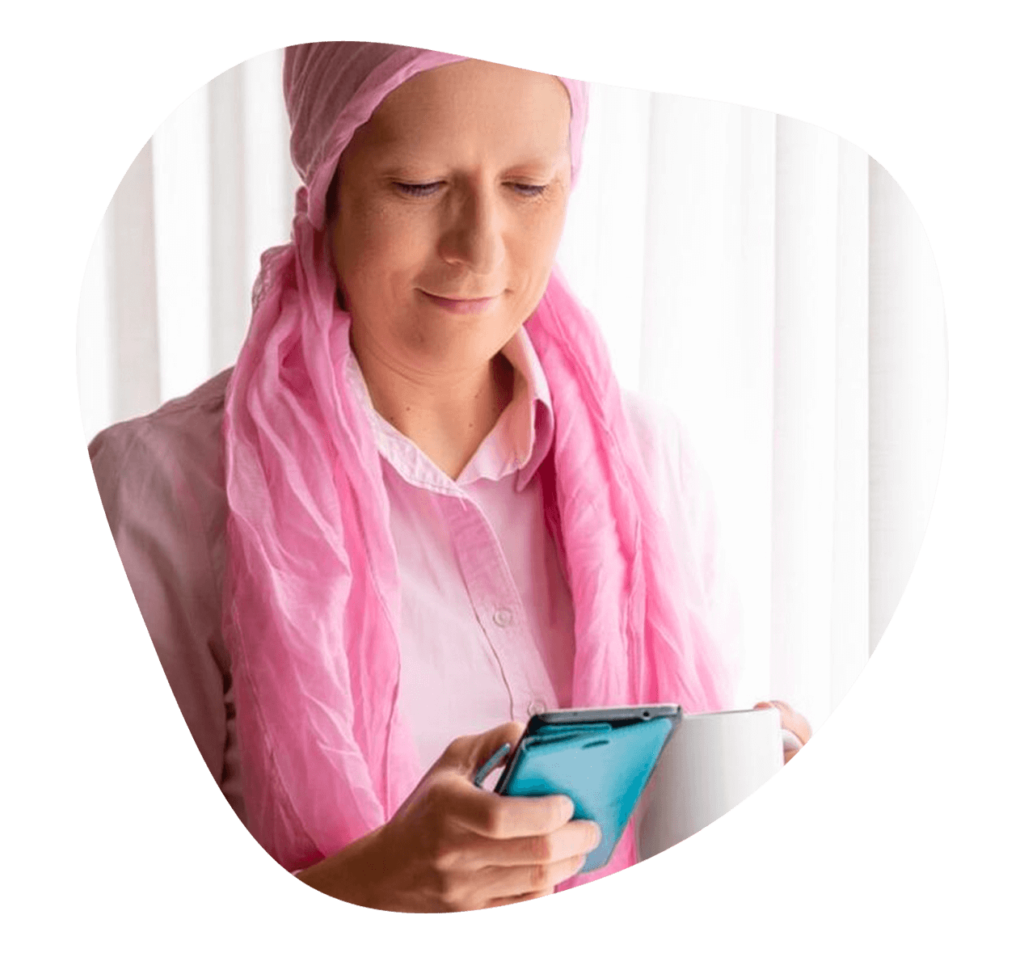New York, NY, Jan 20 — Leading Virtual research organization (VRO), ObvioHealth sheds light on the role of decentralized clinical trials(DCTs) in improving the quality of care for oncology patients.
“Extending the survivability of an illness is a key goal in the development of new medications, medical devices, and treatment protocols,” explains a spokesperson from ObvioHealth. “Increasing overall quality of care is an equally worthwhile objective. Incorporating DCT elements facilitates both goals.”
According to the VRO, conducting clinical trials is an effective way of improving the quality of life for cancer patients during and after treatment. However, clinical research in oncology isn’t reaching the patients who could benefit the most.
Even though the barriers to clinical trial participation have been a topic of frequent research, no subsequent policy changes have shifted the paradigm enough to vastly change trial participation rates over time.
Case in point: Clinical barriers (e.g., not meeting eligibility criteria) and structural barriers (e.g., the absence of an available clinical trial, travel cost, etc.) make trial participation unachievable for more than three-quarters of oncology patients, according to a study published in the Journal of the National Cancer Institute.
For cancer patients with rare, irremediable, or life-threatening physical conditions, DCT designs can bring new care options by increasing their access to innovative therapeutics.
However, due to having logistic constraints, full decentralization is not feasible for some types of clinical trials in the oncology space.
Delivering drugs to a patient’s home, maintaining drug stability, and hiring certified nurses to administer drugs to patients at home are some of the constraints to oncology trial decentralization.
Despite these hurdles, adopting DCT elements through hybrid trial models is rapidly gaining momentum.
As a more patient-centric approach to oncology trials, DCTs can streamline trial processes while also significantly enhancing trial logistics.
A DCT’s potential to facilitate access by eliminating geographic barriers to entry is a game-changer for cancer research and treatment. With DCTs in place, local oncologists can refer patients to trial screenings without overwhelming a small community hospital that can’t support centralized research.
The VRO highlights DCT and hybrid clinical studies as the way forward to reduce patient burden in oncology trials.
Even though much of oncology research still requires on-site participation, specific appointments are more administrative than interventional and don’t need the one-on-one involvement of a physician.
Allowing participants to volunteer for trials from the comfort of their homes, DCTs minimize the need for in-person visits, thus decreasing patient burden substantially.
In addition, participants’ reluctance to report symptoms or hesitation to contact their trial support staff if they develop side effects can impact data quality and ultimately, the accuracy of trial endpoints.
DCT solutions include convenient in-app messaging tools that help patients communicate with physicians and flag symptoms that they might otherwise consider insignificant.
On top of this, by enabling real-time reporting and communication, DCT solutions drive data quality and allow study teams to make evidence-based, data-driven decisions around the effect of a treatment on a participant’s quality of life.
Instead of capturing a brief snapshot of a patient’s health during a clinical visit, DCT solutions enable study teams to gain a longitudinal view of how their patients’ health may be trending. Continuous monitoring of risk factors, health outcomes, or both, based on the symptoms logged by patients with ePRO, helps sponsors make data-driven decisions about patient care.
To navigate challenges to success and extend access to life-improving treatments for cancer patients, adopting the modular approach (e.g., leveraging digital questionnaires or online recruitment) to oncology trials is critical, explains ObvioHelath.
Headquartered in New York, NY, ObvioHealth is a global digital health company committed to driving innovation in healthcare. With its tech-enabled nextGen DCT platforms, ObvioHelath helps sponsors effortlessly produce robust therapeutic evidence.
Interested parties can find more information about ObvioHealth by visiting https://www.obviohealth.com
